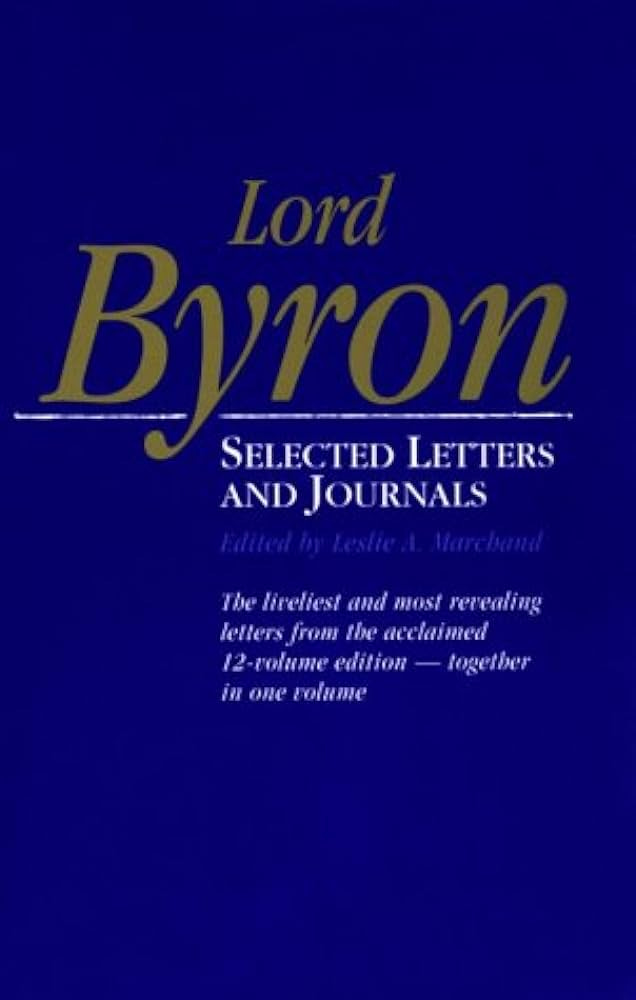Reading, Watching 10.22.23
Vanity, Desire, Hatred
This is a regular feature for paid subscribers where I write about what I’ve recently been reading and/or watching. Hope you enjoy!
Also, I realize I haven’t done a mailbag newsletter in a while. If you want to ask me any questions, please just respond to this email or write a comment. Just indicate somewhere it’s for the mailbag so I can find it easily.
I appeared on the most recent Know Your Enemy podcast with my good buddies Sam Adler-Bell and Matt Sitman to talk about William F. Buckley Jr.’s 1992 book In Search of Anti-Semitism, where he attempts (poorly) to deal with the antisemitism of friends and contributors to National Review. The book is bad, and we talk about why, but it’s directly in the period of my own book and I think an important artifact of the transformation of the American right into what it has become now.
I’m very interested in the Romantic period, especially in the letters, journals, memoirs, and criticism of that era. The actual poetry sometimes doesn’t do it for me; I guess I just want the gossip and shit-talking. William Hazlitt, one of my favorite writers, writes wonderful sketches of the principal literary figures of the time in his The Spirit of the Age. I really love his little takedown of Lord Byron in that volume:
Perhaps the chief cause of most of Lord Byron's errors is, that he is that anomaly in letters and in, society, a Noble Poet. It is a double privilege, almost too much for humanity. He has all the pride of birth and genius. The strength of his imagination leads him to indulge in fantastic opinions; the elevation of his rank sets censure at defiance. He becomes a pampered egotist. He has a seat in the House of Lords, a niche in the Temple of Fame. Every-day mortals, opinions, things are not good enough for him to touch or think of. A mere nobleman is, in his estimation, but 'the tenth transmitter of a foolish face': a mere man of genius is no better than a worm. His Muse is also a lady of quality. The people are not polite enough for him; the Court is not sufficiently intellectual. He hates the one and despises the other. By hating and despising others, he does not learn to be satisfied with himself. A fastidious man soon grows querulous and splenetic. If there is nobody but ourselves to come up to our idea of fancied perfection, we easily get tired of our idol.
When a man is tired of what he is, by a natural perversity he sets up for what he is not. If he is a poet, he pretends to be a metaphysician: if he is a patrician in rank and feeling, he would fain be one of the people. His ruling motive is not the love of the people, but of distinction: not of truth, but of singularity. He patronizes men of letters out of vanity, and deserts them from caprice or from the advice of friends. He embarks in an obnoxious publication to provoke censure, and leaves it to shift for itself for fear of scandal. We do not like Sir Walter's gratuitous servility: we like Lord Byron's preposterous liberalism little better. He may affect the principles of equality, but he resumes his privilege of peerage, upon occasion. His Lordship has made great offers of service to the Greeks -- money and horses. He is at present in Cephalonia, waiting the event!


